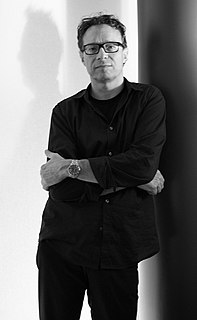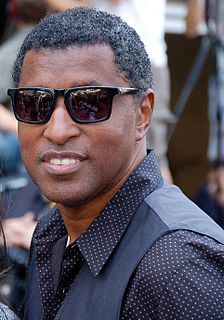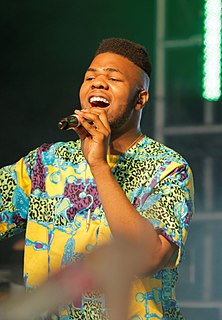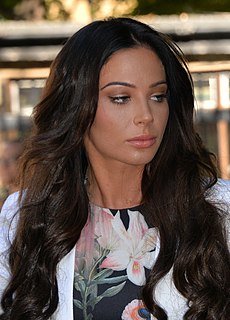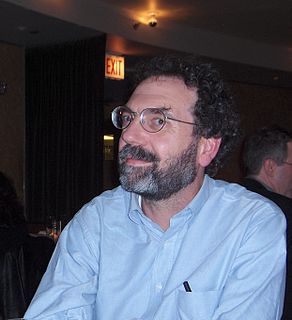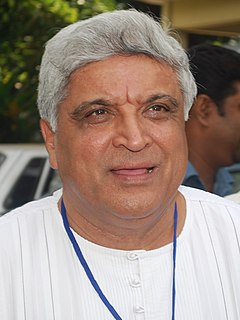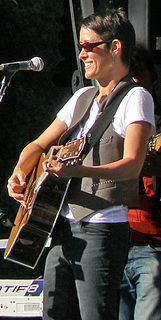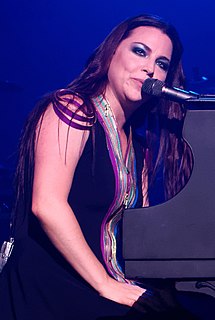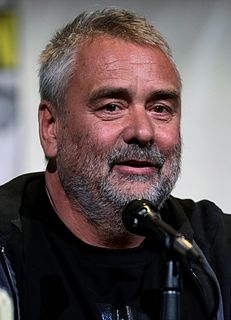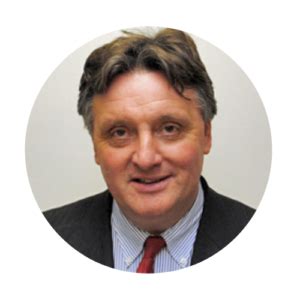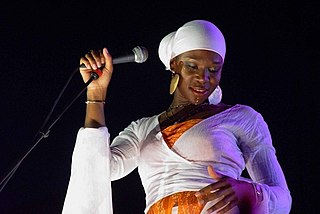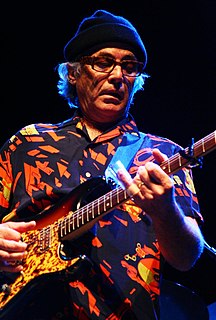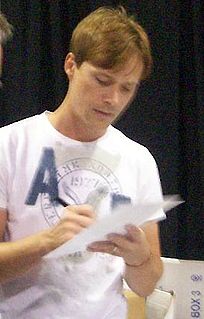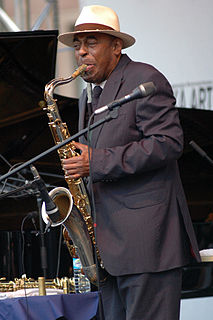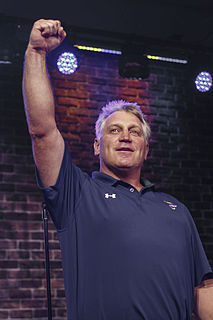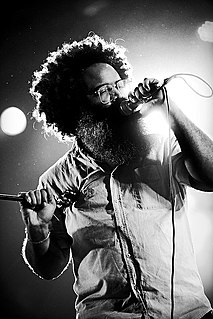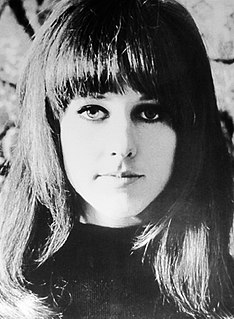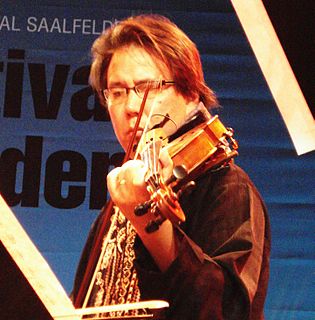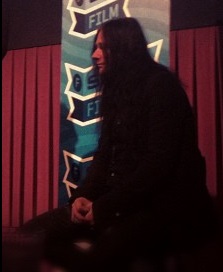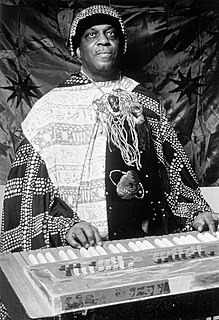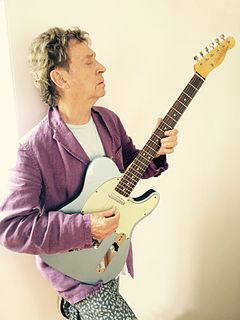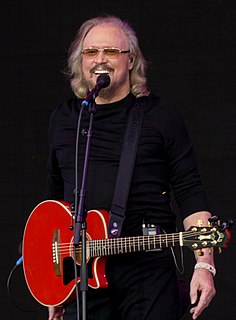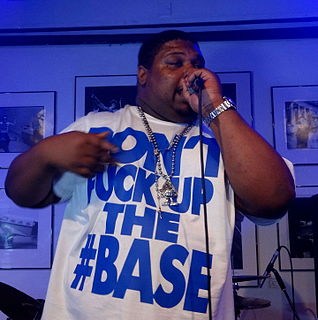Top 1200 Commercial Music Quotes & Sayings
Explore popular Commercial Music quotes.
Last updated on April 14, 2025.
I enjoy music that is commercial. I think that in order for music to be heard in a lot of different situations, you have to always consider that. Commercial music, for the most part, is popular music, and you always have to keep that in mind. It's not so much financial as making sure it gets the shot and is heard on the radio.
I think I'm really part of a whole generational movement in a way. I think a lot of other people since and during this time have gotten interested in writing what we can still call experimental music. It's not commercial music. And it's really a concert music, but a concert music for our time. And wanting to find the audience, because we've discovered the audience is really there. Those became really clear with Einstein on the Beach.
I know that my music is heard a lot in commercial circles. In academia, I think my music is taken in differently but I'm not sure why that is. Some kind of sixth sense tells me that people in that world are thinking differently about it. I don't know if it has to do with the structure of my music, which is probably more apparent to those in the academic world than it is in the commercial world, where people tend not to think of that aspect of music so much. They just listen for pure enjoyment.
I felt very proud to be part of a music scene that was changing the face of commercial music and rock music internationally, but I also felt like it was necessary for Soundgarden - as it was for all of these Seattle bands - to prove that we deserve to be on an international stage, and we weren't just part of a fad that was based on geography.
By some curious mischance, a couple of my plays managed to hit an area where commercial success was feasible. But it's wrong to think I'm a commercial playwright who has somehow ceased his proper function. I have always been the same thing - which is not a commercial playwright. I'm not after the brass ring.
I got hit up for a tampon commercial and so I asked [JD and Jo] if they had anything. Jo sent that over and I was like, "I love this track. Oh my god. It's so upbeat. It's so positive. It would be so great for a tampon commercial." That commercial never came through, so then I just had it. I was like, "That would be great for a Hillary [Clinton] song." I think it's so funny that it could be a tampon commercial.
In a way, all recorded music is reduced to the same level, no matter what it is. You find it in the store, you put it on and, "Oh, that's not cool. That's gangsta rap. That's white supremacist punk." But in a way, the content is removed from the intention of the people that made it. That's the commercial level of music.
Commercial record has never interested me. It's amazing I was in a band like The Police that had such phenomenal commercial success. Part of what made The Police what it was was that we didn't all come in with obvious mainstream musical tastes. We were a rock band and somehow we had to make rock music, but it was informed by a lot of things outside of the mainstream for sure.
I was asked to do a test commercial shoot for an Apple product which didn't mean much to me at the time. Some music player that holds all your songs. Sounded cool to me and I never gave up an opportunity to work, especially with the possibility of it turning into a national commercial. Coolest job I did in that time.
